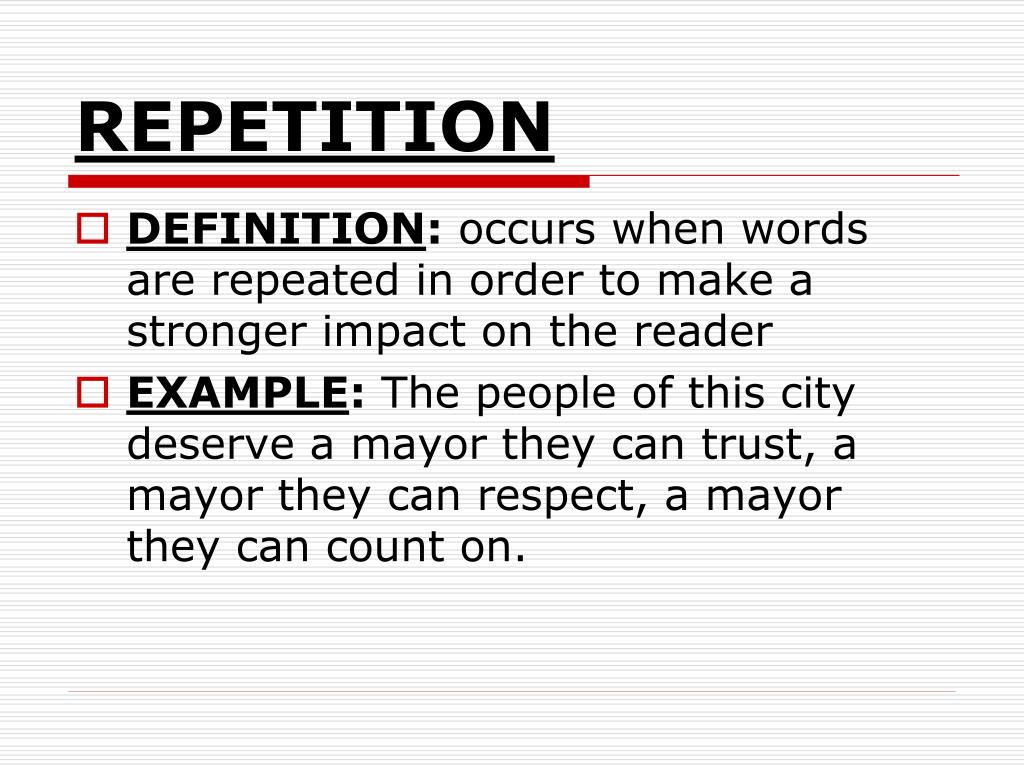

This is sometimes referred to as “phonological proficiency”, or the individual’s knowledge of sub-lexical units in a language. Previous research has shown that children’s processing of nonwords is grounded in their existing lexical knowledge, suggesting that there is an influence of long-term memory on nonword repetition. Given this association, there has been much interest in the cognitive and linguistic demands of NWR tasks. NWR difficulties have also been identified in other neurodevelopmental disorders that have an impact on language development, including Down syndrome and autism. Indeed, developmental studies have shown that problems with reproducing novel words, or nonword repetition (NWR), can serve as a very reliable marker of language impairment. The ability to perceive, remember, and then articulate a previously unencountered word is fundamental to our ability to use spoken languages. The funders had no role in study design, data collection and analysis, decision to publish, or preparation of the manuscript.Ĭompeting interests: The authors have declared that no competing interests exist. The data will be available to all interested researchers from the Birkbeck Research Ethics Committee ( on request.įunding: This study was funded by a British Academy Small Research Grant (SG111144). These issues contravene the terms of the ethical approval sought from the Birkbeck Research Ethics Committee. This is an open access article distributed under the terms of the Creative Commons Attribution License, which permits unrestricted use, distribution, and reproduction in any medium, provided the original author and source are credited.ĭata Availability: This data cannot be made publicly available due to children and parents not providing informed consent for making this data open, and the potential for children to be identified on the basis of their participation and age. Received: NovemAccepted: Published: July 13, 2017Ĭopyright: © 2017 Krishnan et al. PLoS ONE 12(7):Įditor: Antoni Rodriguez-Fornells, Universitat de Barcelona, SPAIN These results have important implications for understanding motor/language relations in neurodevelopmental disorders.Ĭitation: Krishnan S, Alcock KJ, Carey D, Bergström L, Karmiloff-Smith A, Dick F (2017) Fractionating nonword repetition: The contributions of short-term memory and oromotor praxis are different. We conclude that the ability to compute and execute novel sensorimotor transformations affects the production of novel words. We found that oromotor praxis uniquely predicted nonword repetition ability in school-age children, and that the variance it accounted for was additional to that of digit span, memory for non-verbal sequences, articulatory rate (measured by oral diadochokinesis) as well as reading fluency. In the present study, we tested 35 typically developing children between the ages of 5−8 years on measures of nonword repetition, digit span, memory for non-verbal sequences, reading fluency, oromotor praxis, and oral diadochokinesis.

Little is known about how children’s oromotor speed, planning and co-ordination abilities might influence their ability to repeat novel nonwords, beyond the influence of higher-level cognitive and linguistic skills.
#Different words for repetitive series
Yet, when children hear and then utter a word for the first time, they must transform a novel speech signal into a series of coordinated, precisely timed oral movements. Nonword repetition tasks are thought to reflect phonological short-term memory skills. The ability to reproduce novel words is a sensitive marker of language impairment across a variety of developmental disorders.


 0 kommentar(er)
0 kommentar(er)
